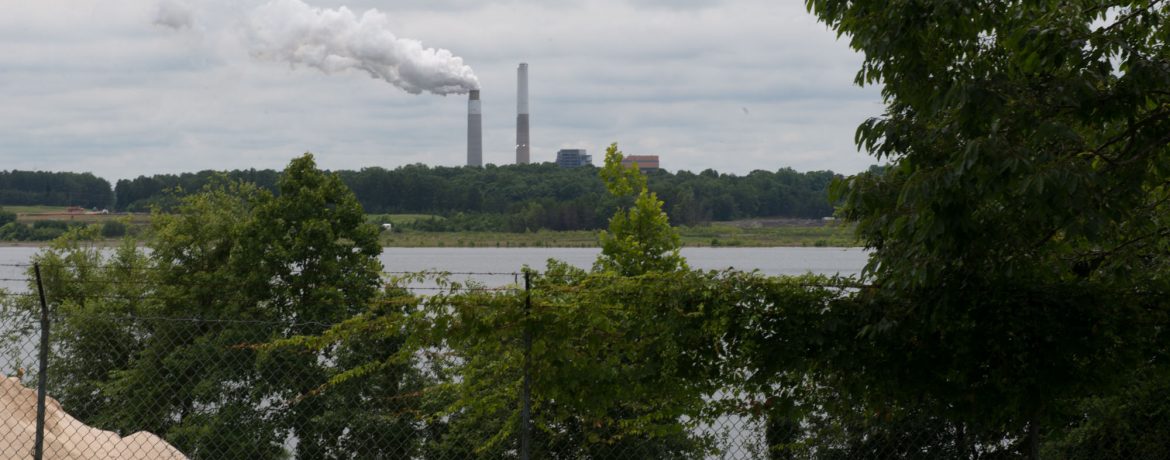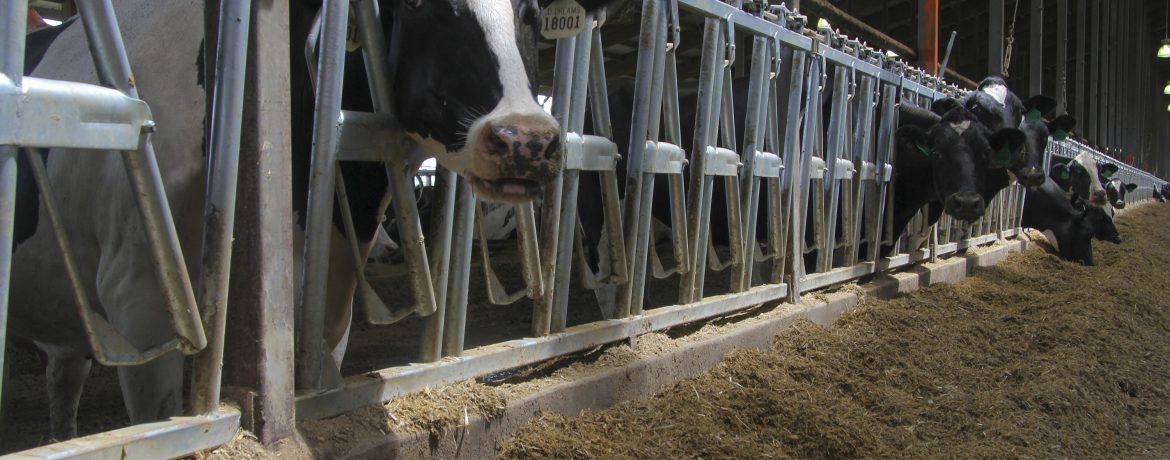
Great diversion: City of Waukesha looks to receive Lake Michigan water
WAUKESHA, Wisc. – The city of Waukesha has a radium problem, and it’s looking to Lake Michigan for a solution. Although talks of drawing water from nearby Lake Michigan began in 2002, Waukesha has struggled with radium contamination since the late 1970s when the Environmental Protection Agency lowered the acceptable limit for radium in public […]








